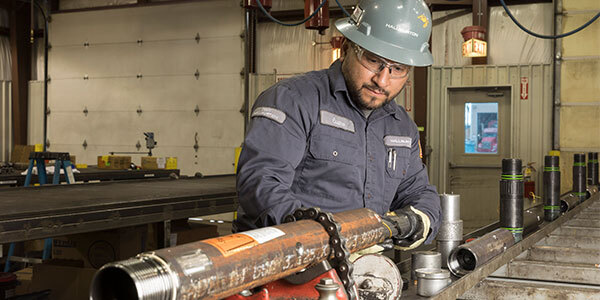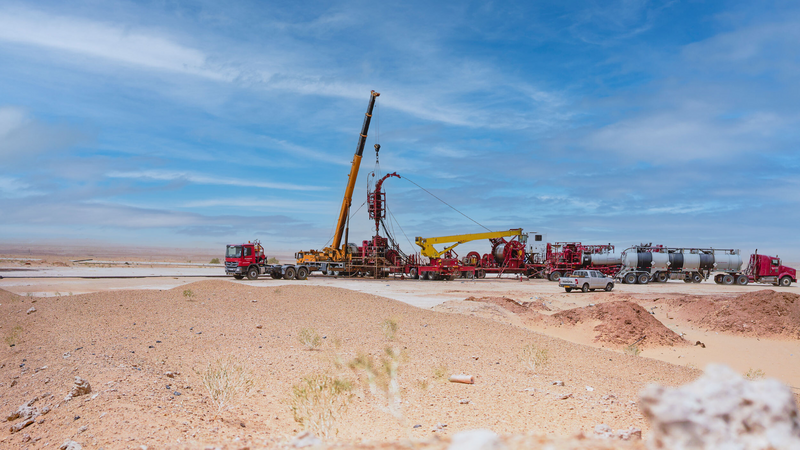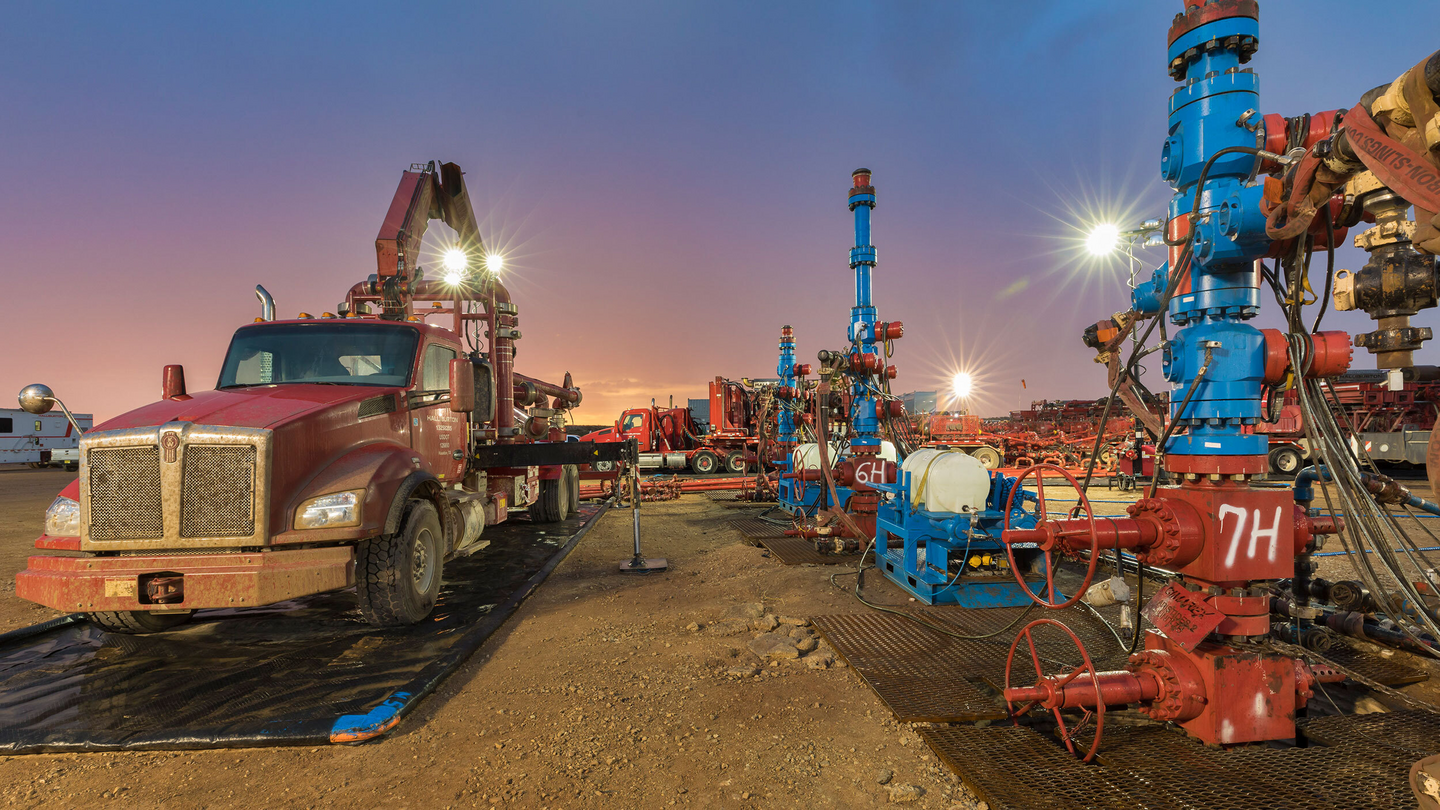 Search
Search
 Search
Search

Successful utilization of e-line tractor in horizontal, high-pressure, and high-temperature gas wells
Download PDFMature Fields

Deploy e-line tools to fracture an HP/HT gas wells with 3,000 ft of lateral

Saudi Arabia
High-pressure, high-temperature (HP/HT) horizontal gas wells have traditionally been challenging for performing tractor operations because of reliability issues. Recent technical improvements have enhanced the operating range of the tractor, enabling more consistent and dependable operations in these environments. Based on the experience of conducting several plug and perforation stimulation jobs in Saudi Arabia, the electric-line (e-line) tractor has proven to be a reliable and consistent well intervention solution. Successful tractor interventions have been performed in wells with more than 3,000 ft of horizontal sections, total depth (TD) of more than 17,000 ft, temperatures greater than 325°F, and pressures greater than 10,000 psi.
Saudi Aramco had a well that had 3,000 ft of lateral, and was completed with a cemented liner as planned for horizontal plug and perforation completion as a candidate for multistage fracturing. The well was completed with a 4.5-in. tubing and liner with a minimum restriction of 3.688 in. The first attempt to fracture the well encountered tractor deployment complications. Toe-stage perforating was subsequently performed using coiled tubing. The lack of fluid injectivity at this stage eliminated the possibility of performing pumpdown plug and perforation operations.
As part of a revised strategy, the cluster length was increased, and the well was stimulated in one combined stage of 60 ft to improve injectivity. In addition, a review of tractor operations, available technology, and an audit of the quality-control processes was performed. The job was redesigned, and the following runs were planned:
hours of wireline operating time for 5 runs
less operating time compared to competitors
days of rig-time saved
The multifinger caliper tool string for casing inspection was centralized using a combination of strong, optimally placed spring-loaded roller and stiff arm centralizers. The logging string was decoupled from the tractor section using a flex joint to enable consistent tool position and centralization in the well, resulting in the acquisition of good-quality casing profile data using the multifinger caliper.
Five tractor-conveyed runs were sequentially conducted in the well with a maximum bottomhole temperature of 322°F to evaluate the integrity of the tubing and to establish connectivity with a longer reservoir section. The tubing was found to be undamaged, and a decision was made to continue with the stimulation operation.
The well was successfully stimulated after the extended-tractor well intervention. Tractor deployment enabled a much more efficient well intervention solution to evaluate and establish well integrity, as compared to an equivalent e-coil intervention. The total wireline operating time of 67.5 hours for five runs was approximately 40% less than the estimated time for a similar e-coil intervention (approximately five days). The resources and processes of multiple service companies were integrated in this operation and implemented under the operator’s supervision. Multilevel managerial engagement was crucial to the achievement of this goal.
More information about this case study can be found in the 2015 SPE Kuwait Oil & Gas Conference paper, Successful Utilization of E-Line Tractor in Horizontal, High-Pressure and High-Temperature Gas Wells.

Halliburton perforating solutions offer industry-leading technologies, tools, and techniques with an unequaled success and safety record.

Addressing the toughest issues in well intervention, Halliburton offers services to extend well life, improve performance, and limit downtimes.
